#FederalTradeCommission
Car Dealers Cheesed Over FTC's Proposed Rule Changes
Federal Trade Commission (FTC) has proposed comprehensive rules changes regarding dealership advertising and how finance and insurance offices are handled. However, dealers, specifically the National Automobile Dealers Association (NADA), aren’t happy with these new ideas and have issued formal challenges to the regulatory scheme.
FTC Exploring Consumer Repair Rights Expansion
The Federal Trade Commission (FTC) has identified numerous repair restrictions in a new report to Congress. Parts replacement difficulty and parts availability limitations were among the restrictions.
Assisting in expanding repair options available to consumers is within the agency’s power. The Commission works with lawmakers on the state or federal level to provide choices when consumers repairs.
Cash in Your Chips: Automakers Ask FTC to Seek Appeal After Losing Qualcomm Case
Frequently on the cutting edges of technology, the automotive industry has been slamming chips into vehicles to facilitate communications ever since General Motors launched OnStar back in 1996. This evolved into cars boasting reliable navigation systems and remote vehicle diagnostics until they literally started becoming mobile internet hot spots.
Now the industry wants to further ingrain connectivity by equipping all vehicles with 5G — opening the road for new features and the ability to harvest your personal data more effectively.
This has required deals with tech chip manufacturers like Qualcomm, which requires companies to sign a patent license agreement before actually selling any of its hardware or software. But regulators around the globe worried the practice may be monopolistic, violating antitrust laws. The Federal Trade Commission (FTC) brought a case against the business in 2017. Despite winning that case in 2019, a U.S. appeals court overturned the decision earlier this month, deciding Qualcomm could continue conducting business as usual. Now, tech companies (mainly Qualcomm rivals) and a gaggle of automakers are urging the FTC to seek an appeal following the loss.
FTC Hunting for Abuse in Auto Lenders' Implementation of Kill Switches
Finance companies have begun using ignition kill switches and tracking devices, which allow them to disable and then easily locate vehicles for repossession. Some of the devices even remind borrowers when they’ve missed a payment. According to PassTime, a company that sells such devices, somewhere between 35 and 70 percent of cars financed on subprime loans have some variant of the hardware installed.
Now the the Federal Trade Commission is looking into whether these automotive finance companies are illegally harassing consumers with poor credit by imposing the hardware onto their vehicles — potentially violating their privacy while also garnering unnecessary intimidation from banks.
Mercedes-Benz Slammed Over Misleading Commercial
A glitzy Mercedes-Benz commercial that touts the 2017 E-Class as a vehicle that “can drive itself” has consumer and safety advocates fighting mad.
A number of groups are calling on the Federal Trade Commission to take action against the automaker, saying Mercedes mislead the public. In a letter to FTC chairwoman Edith Ramirez, the groups claim the E-Class doesn’t come close to being a self-driving vehicle, and fine print doesn’t cut it.
Volkswagen Targeted by Federal Trade Commission Lawsuit
It wasn’t so clean, was it?
The Federal Trade Commission filed suit against Volkswagen on March 29, claiming the automaker’s “Clean Diesel” ad campaign was a deception that tricked buyers into purchasing its supposedly eco-friendly vehicles.
By filing the complaint against Volkswagen, the FTC (which can’t levy fines) would be able to seek compensation for buyers via a federal court order.
FTC Looking Into Volkswagen's 'Clean Diesel' Claims Now
The Federal Trade Commission will join the U.S. Department of Justice and the Environmental Protection Agency in investigating claims that Volkswagen cheated consumers and regulators with bogus emissions claims of its diesel cars, Politico reported (via Bloomberg).
The FTC’s inquiry will focus on whether the German automaker lied to consumers about “clean diesel” claims in its advertisements when, in fact, the cars were engineered to deceive emissions tests.
The FTC, Justice Department and EPA’s investigations also joins an investigation by the U.S. Senate Finance committee on whether the automaker illegally obtained $50 million in federal subsidies through car buyers who purchased its cars and received the lean-burn technology motor vehicle credit.
Tesla Gains Renewed Support From FTC For Direct Sales Model
In its battles for the right to sell its wares directly to consumers, Tesla has found a valuable ally in the Federal Trade Commission.
Operation Ruse Control Brings The Hammer Down On Deceptive Dealer Practices
The Federal Trade Commission announced Thursday its results from Operation Ruse Control, a collection of investigations over deceptive dealer practices.
FTC Launches Investigation Into Deceptive Marketing Of Biweekly Payments
The Federal Trade Commission is launching an investigation into biweekly payments sold as a product by dealership finance departments on the basis that consumers may not be getting their money’s worth with such payments.
FTC Resumes Review Of Fuel Economy Advertising Guidelines
The Federal Trade Commission voted 4-0 Thursday to resume its review of fuel economy claims in advertising by automakers and dealers, and whether or not the agency should revise the 40-year-old guidelines governing them.
Nissan, Ad Agency Settle With FTC Over Hill Climb Dramatization in Frontier Ads
Nissan North America and TBWA Worldwide, Nissan’s ad agency have agreed to a settlement with the Federal Trade Commission over the FTC’s claims that a television commercial for the Nissan Frontier misled consumers about the truck’s ability to climb hills. The 30 second ad, titled “Hill Climb”, portrayed a Frontier pushing a stranded dune buggy up a steep sand dune. In reality, the Frontier wold not be able to perform the stunt in the ad. To shoot the ad, both vehicles were towed up the hill using cables.
FTC Launches Investigation Whether Car Dealers Colluded Against TrueCar
The United States Federal Trade Commission has launched an investigation into whether car dealers colluded against the online car shopping site, TrueCar, over price competition the site encouraged. Automotive News is reporting that a number of car dealers, including the Kelly Automotive Group in the Boston area, received letters from the FTC saying that the agency is looking into whether companies in the “retail automobile industry” committed anticompetitive acts “by agreeing to refuse to deal with TrueCar” during 2001 and 2012.




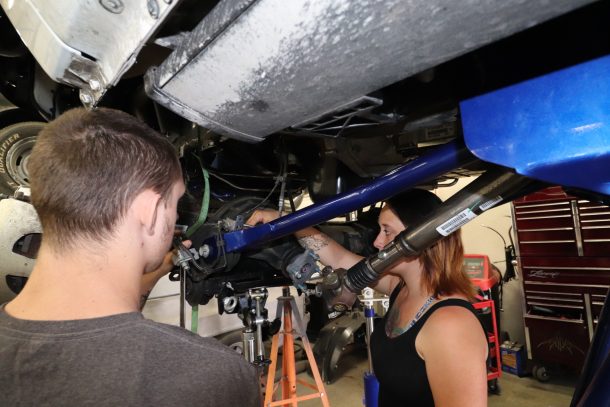
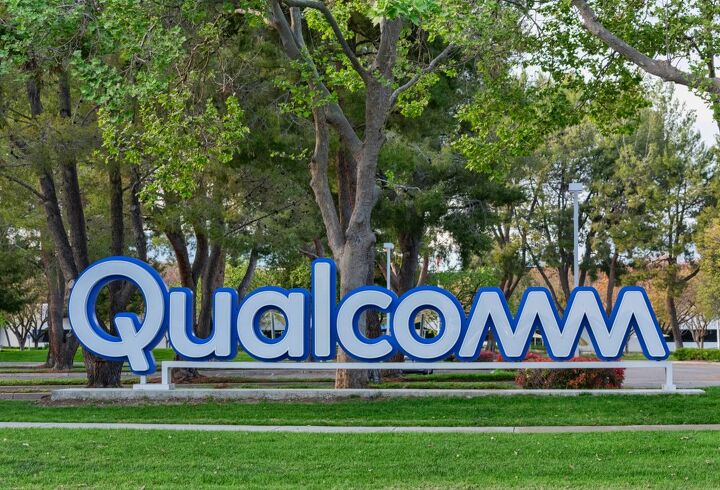

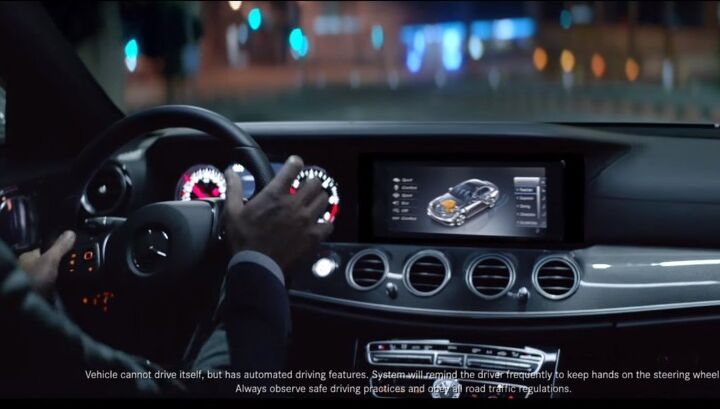


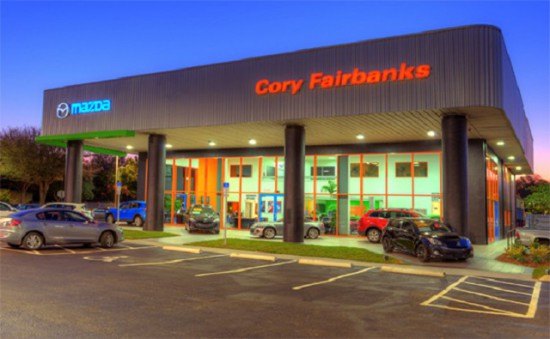


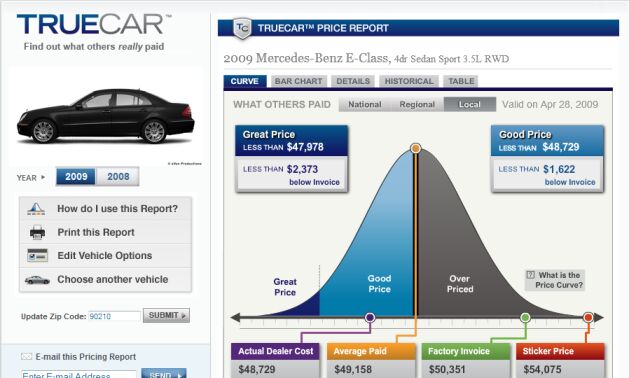












Recent Comments